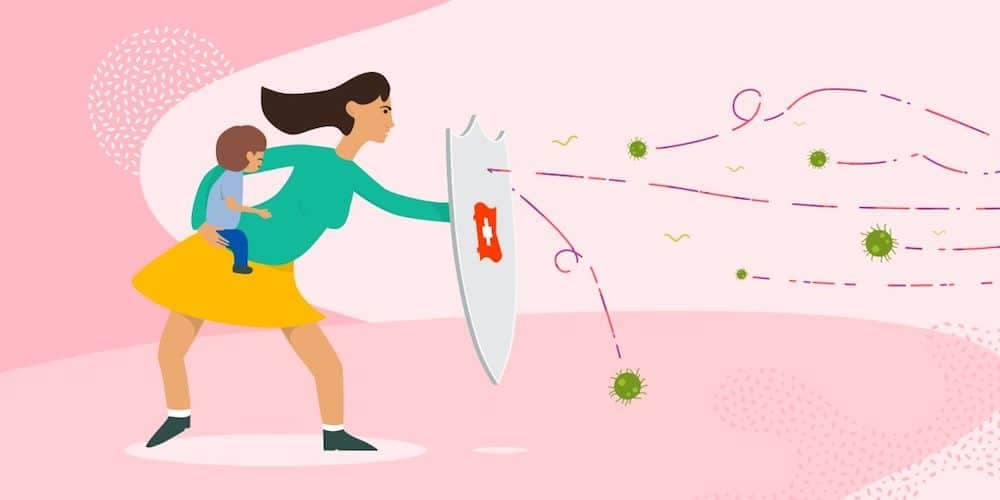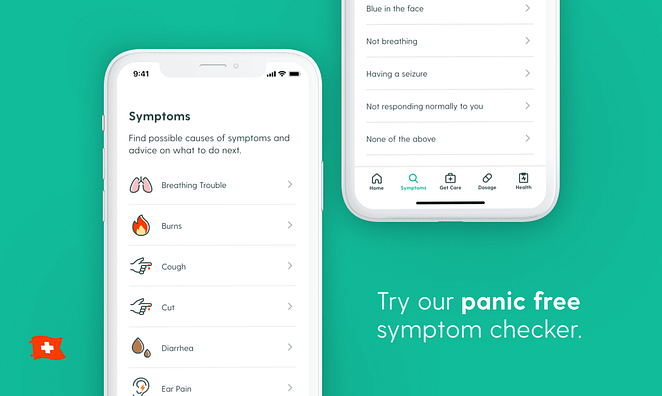
From our friends at Brave Care
At Brave Care, we’re both parents and a healthcare provider focused on pediatric care. We care a lot about what’s going on with COVID-19 (commonly referred to as Coronavirus). In order to help everyone, we’ve put together a guide for families with some frequently asked questions and general guidelines.
Fortunately, it appears that children are not at a high risk and the number of cases in children is very low overall. Though the virus presents very mildly in them (if at all), children do seem to be effective carriers of the virus and can spread it to other at-risk populations. Some extra care is called for when children might be around older or immunocompromised individuals.
Are children more at risk?
There is no evidence that children are more susceptible to COVID-19. In fact, most confirmed cases of COVID-19 have occurred in adults. Based on information available for other viruses, such as SARS, infection in children is relatively uncommon.
What are the symptoms of COVID-19?
Symptoms include fever, cough, and shortness of breath, and typically show up 2-14 days after exposure. It’s important to note that we’re still in the flu season in the United States. Symptoms of influenza and COVID-19 have so much overlap that it’s nearly impossible to differentiate on symptoms alone.
What are the best ways to prevent illness?
Wash hands with mild soap and water (or use an alcohol based hand sanitizer with at least 60% alcohol) frequently.
Teach your kiddos to cough and sneeze into the crook of their arm, and avoid putting their hands in their mouth or on their face.
Minimize your exposure to anyone that might be showing flu-like symptoms.
Clean and disinfect your home as you normally would.
Limit unnecessary travel and cancel travel plans to countries with high infection rates. Find the latest travel information from the CDC at https://www.cdc.gov/coronavirus/2019-ncov/travelers/.
How do I properly wash my hands?
Wet your hands with clean, running water (warm or cold), turn off the tap, and apply soap. Lather your hands by rubbing them together, including the backs of your hands, between your fingers, and under your nails. You want to make sure that you cover all surfaces of your hands with lather, and scrub for at least 20 seconds.
For real time updates on COVID-19 status for children, visit https://bravecare.com/illnesses/coronavirus.
Should I stock up on groceries?
Specifically for this illness, there’s no reason to stock up on months worth of food and water at this time. That said, preparedness is always a good idea and could help you and others in the event of an emergency. Consider obtaining a small extra supply of important prescriptions or over-the-counter medicine like Tylenol or ibuprofen. Shopping for some extra non-perishable food and water now could help avoid unnecessary trips in the future if COVID-19 activity gets worse.
Where can I take my kids if they are experiencing flu-like symptoms?
Your primary care physician continues to be a great person to talk to about your child’s health. If you feel like your child is ill and needs care after regular business hours, Brave Care is open 10 am-10 pm every day, and our pediatric nurses answer the phone 24 hours a day. If you are unsure if your child’s symptoms require an appointment, Brave Care provides an online symptom checker that can give you actionable advice: https://bravecare.com/symptom-checker

Should we visit the grandparents?
Right now COVID-19 seems to be most dangerous for those above the age of 80 and anyone who might have a compromised immune system or problems breathing. For those of us that have the fortunate support of grandparent babysitters, finding other options for childcare will decrease the risk of exposure. Currently COVID-19 has the highest mortality rate for people over 70.
Should I keep my kid home from school?
Where possible it’s encouraged to limit your child’s exposure to large group settings. If schools continue to stay open, you can let them go, but you should limit other unnecessary group activities, events, etc.
What if my child has asthma or other respiratory issues?
There is still a lot that we need to learn when it comes to Coronavirus, however anyone with respiratory issues should take extra care. We recommend taking similar precautions as you would to protect your child from the flu.
